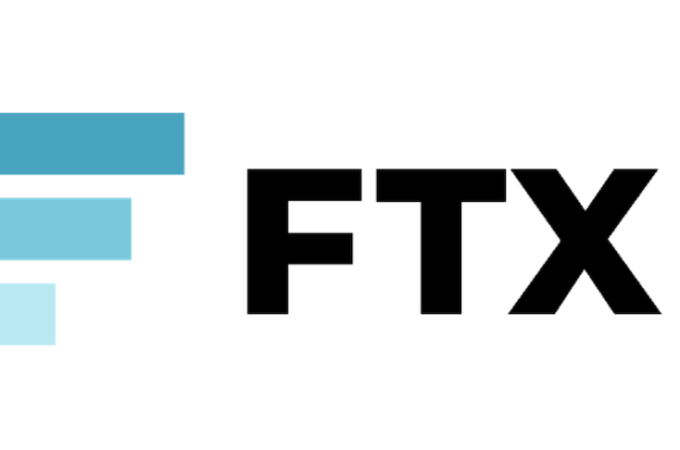
Australian Court Rules Against Kraken’s Local Operator in Landmark Crypto Regulation Case
In a significant legal development for the cryptocurrency industry in Australia, the Federal Court has ruled in favor of the Australian Securities and Investments Commission (ASIC) in its case against Bit Trade Pty Ltd, the local operator of the Kraken cryptocurrency exchange. The ruling, handed down on August 23, 2024, found that Bit Trade contravened section 994B of the Corporations Act by offering a margin trading product without making the required target market determination.
The case centered on Bit Trade’s “margin extension” product, which has been available to Australian customers since October 5, 2021. ASIC alleged that the product was offered without complying with the design and distribution obligations (DDO) mandated by Australian law. These obligations require financial product issuers to determine and document the appropriate target market for their products before making them available to consumers.
Justice Nicholas, presiding over the case, agreed with ASIC’s position that margin extensions in national currencies created a deferred debt, thus classifying the product as a credit facility. However, the court did not extend this classification to margin extensions involving digital assets, ruling that the obligation to repay a digital asset was not equivalent to repaying money and therefore did not constitute a deferred debt.
ASIC Deputy Chair Sarah Court hailed the decision as a “significant outcome” involving a major global crypto firm. “We initiated proceedings to send a message to the crypto industry that we will continue to scrutinize products to ensure they comply with regulatory obligations in order to protect consumers,” Court stated.
The ruling highlights the ongoing challenges faced by cryptocurrency companies operating in Australia’s evolving regulatory landscape. A spokesperson for Kraken expressed disappointment with the outcome but acknowledged the complexities involved, stating, “Today’s ruling is another reminder of how cryptoassets are a novel technology. We’re pleased the judge understood the nuances in this case and recognized the challenges in applying existing regulatory frameworks to innovative technologies.”
The court has given ASIC and Bit Trade seven days to agree on declarations and injunctions. ASIC has indicated its intention to seek financial penalties against Bit Trade, though the specifics of these penalties have yet to be determined.
This case serves as a stark reminder to crypto firms operating in Australia of the importance of complying with regulatory obligations, particularly regarding product design and distribution. It also underscores the need for clearer regulatory frameworks that can effectively address the unique characteristics of digital assets and related financial products.





